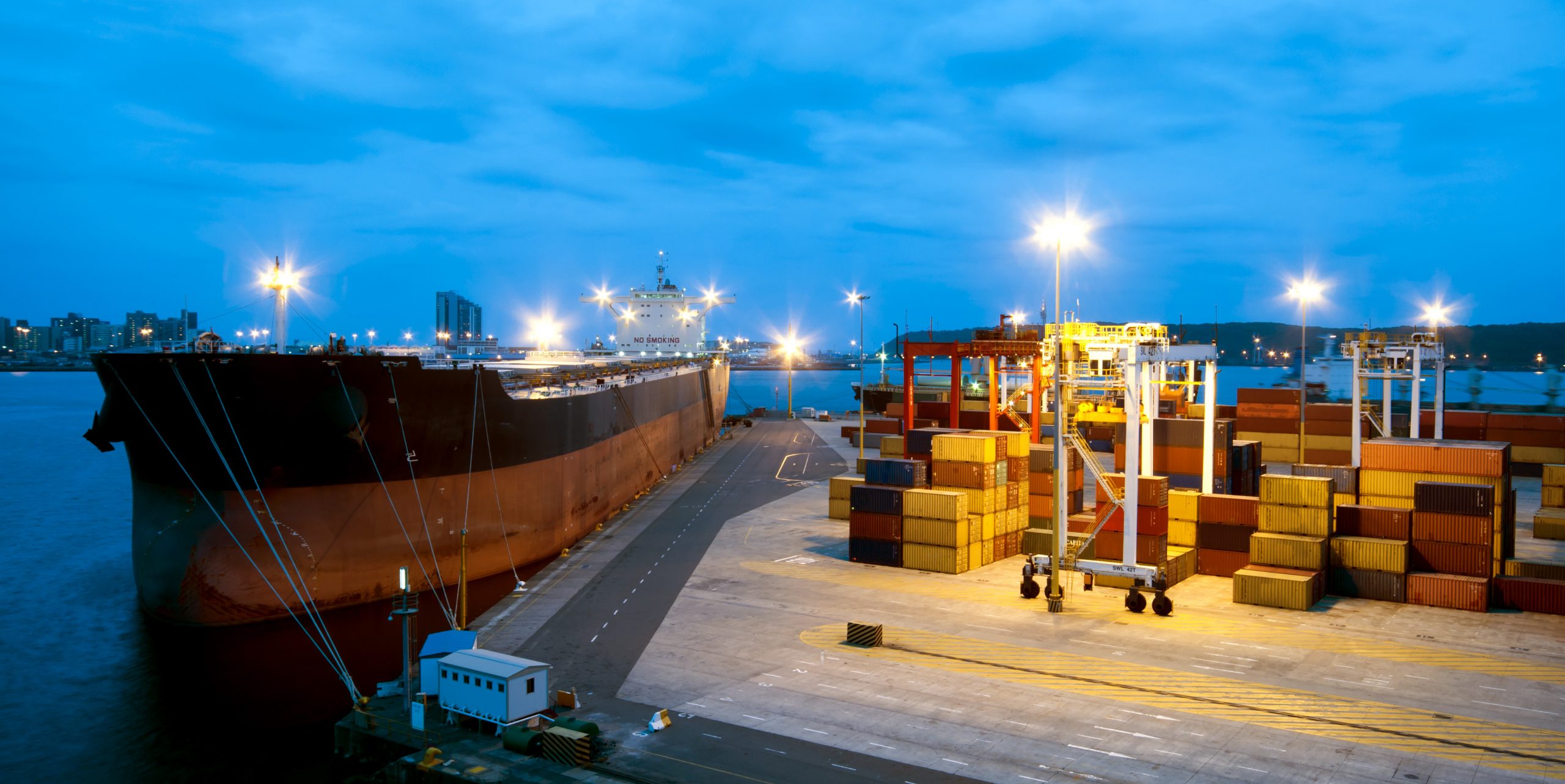On July 26, Nigériens and the rest of the world woke up to a shocking announcement of the overthrow of 63-year-old President Mohamed Bazoum by top military leaders in the country. This marked the fifth coup experienced by the resource-rich African nation since gaining independence in 1960. The outcome of this upheaval resulted in the ascent of General Abdourahamane Tiani, the leader of the presidential guard, to the helm of a newly formed military government.
While the military Juntas have refused to relinquish power, regional and Western partners of Niger have announced a series of sanctions against the country.
Sanctions on Niger
The first in the series of sanctions was the announcement of the closure of all borders with Niger, the banning of commercial flights, the suspension of all commercial transactions, the freezing of the country’s assets and accounts in the regional central bank, and the suspension of all financial assistance by the 15-nation ECOWAS bloc. Nigeria, a neighboring country and close partner, further escalated by cutting power supply to Niger, all in a concerted effort to wrestle control from the military leadership and reinstate democratic governance.
The most recent blow to Niger’s economic growth and trade has come in the form of the World Bank’s decision to suspend a significant $4.5 billion portfolio investment and recent direct budget support of $600 million to the country. Following suit, the European Union and France, both major contributors to Niger’s economic progress, have declared a suspension of financial support and collaboration with the nation.
Undeterred by these sanctions, General Abdourahamane Tiani exhibited defiance, asserting, “We reject these sanctions altogether and refuse to give in to any threats, wherever they come from”. Such a stance has raised numerous concerns regarding the implications of the sustained military rule on trade, investments, transactions, and businesses within and beyond the challenged African nation.
Impact on Trade and #AfCFTA.
As more countries and international bodies impose stringent sanctions on Niger following the coup, the nation’s economy and investment prospects are poised to suffer significantly. The weight of international sanctions will inevitably hinder Niger’s ability to engage in cross-border trade and further erode its economic stability.
According to the 2023 economic outlook presented by the World Bank, Niger’s real GDP growth is forecasted at 6.9% for the year, with an anticipated upswing to 12.5% in 2024, attributed to economic activities, exports, and sustained donor support. Key trade partners for Niger include Nigeria, France, and China. Beyond the African Union, Niger holds membership in regional blocs such as the Conseil de l’Entente and ECOWAS. The country encourages economic links between African countries, having signed and rectified all three separate agreements of the African Continental Free Trade Area (AfCFTA).
Since the principal beneficiaries of the AfCFTA agreement are SMEs, these series of imposed sanctions on Niger will not only impact trade, foreign investments, and business activities in the country. The consequences are likely to resonate profoundly, impacting the stability of SMEs, hindering their reliable operation, and ultimately impeding the economic strides the country and the AfCTA agreement has made thus far.
Political instability like the Niger coup brings political risk, which could act as a deterrent to investors. Consequently, international businesses are likely to depart Niger, leading to a potential loss of jobs due to reduced economic activity. This exodus could result in diminished access to foreign investment, a decline in foreign currency reserves, and the vulnerability of the nation to exclusion from promising trade opportunities and overall economic growth.

